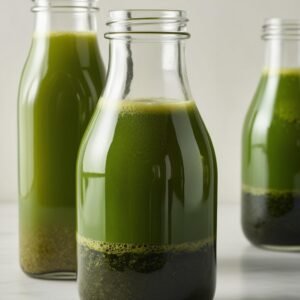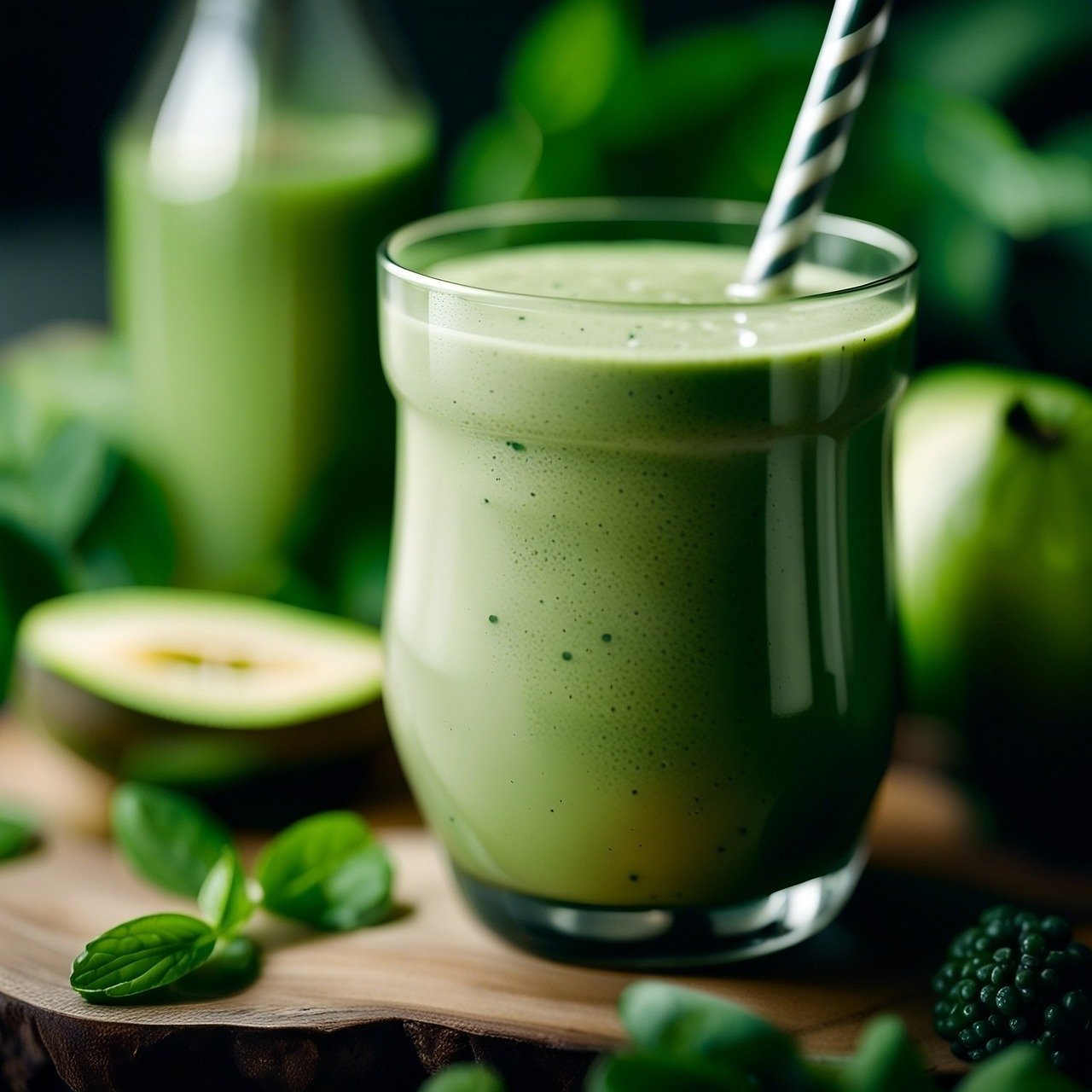Have you ever opened your refrigerator to see a bottle of juice that doesn’t look as fresh as it once did? You’re not alone! Juice is a delicious and nutritious drink, but storing it improperly can lead to a loss of taste, nutrients, and freshness.

Understanding Juice Freshness
When it comes to juice, freshness is everything. Fresh juice is typically full of vitamins and minerals, but as it sits, these nutrients can degrade. Knowing how to store your juice properly can help you enjoy its delightful taste and health benefits for longer.
The Role of Oxygen
One of the biggest enemies of juice freshness is oxygen. When juice comes in contact with air, it begins to oxidize, which can lead to changes in flavor and nutritional content. Understanding this process helps you figure out how to minimize exposure and keep your juice tasting great.
The Importance of Temperature
Temperature plays a crucial role in juice storage. Keeping your juice at the right temperature can slow down the oxidation process and keep it fresher for a longer period. Depending on the type of juice, the storage temperature can vary; generally, cooler temperatures are better for retaining quality.
Types of Juice
Juice comes in various forms, and how you store it might differ based on its type. Here is an overview to help you understand the distinctions and best storage practices for each.
Freshly Pressed Juice
Freshly pressed juice is made from raw fruits and vegetables without any additives. Because it’s pure and natural, it contains live enzymes and nutrients that can degrade quickly.
- Storage Method: Store in a sealed glass container.
- Best Duration: Consume within 1 to 3 days.
Bottled Juice
Store-bought bottled juice often undergoes pasteurization, which kills bacteria and prolongs shelf life. However, once opened, its freshness can diminish quickly.
- Storage Method: Keep it in a sealed container in the fridge.
- Best Duration: Should be consumed within 5 to 7 days once opened.
Juice Concentrate
Juice concentrate contains juice that has been reduced to remove water, making it less perishable. Once reconstituted, you’d want to follow guidelines similar to that of freshly pressed juice.
- Storage Method: Store in the fridge in a sealed container.
- Best Duration: Consume within 2 to 3 days after reconstitution.
Shelf-Stable Juice
Shelf-stable juices are pasteurized and contain preservatives, allowing them to be stored at room temperature until opened.
- Storage Method: Can be stored at room temperature until opened; refrigerate afterwards.
- Best Duration: Check the expiration date. Once opened, use within 7 to 10 days.

Best Practices for Storing Juice
To maintain freshness and flavor, follow these simple practices:
Use an Airtight Container
Glass containers are ideal for storing juice. They create an airtight seal that reduces oxygen exposure. You can also use BPA-free plastic containers if glass isn’t available.
Fill Containers to the Top
When storing juice, fill the container as much as possible. This minimizes the amount of oxygen inside, reducing oxidation.
Chill Quickly
After making fresh juice, store it in the fridge quickly. Ideally, your fridge should be set between 32°F to 40°F (0°C to 4°C) to maintain optimal freshness.
Avoid Direct Sunlight
Light can also deteriorate the quality of your juice. Keep your juice in a dark or opaque container when possible, or store it away from direct sunlight.
Signs Your Juice Has Spoiled
Knowing when your juice has gone bad can save you from unpleasant surprises. Look for these signs:
Change in Color
Juice may become darker or develop an off-color hue. If it looks significantly different from the day you made it, it’s best to discard it.
Off Smell
A sour or off smell is a clear indicator of spoilage. If your juice smells bad, trust your nose and throw it out.
Altered Taste
If it tastes bitter or sour compared to its original flavor, it’s no longer fresh. Your health is worth more than a sip of old juice.
Sediment or Separation
If you see sediment at the bottom or note liquid separation in your juice, it could be a sign of spoilage. While some juice naturally separates, excessive sediment can signal that it’s time to say goodbye.

Tips for Preferring Fresh Juice
Maintaining the freshness of your juice is not just about storage but also about how you prep and consume it. Here are some extra tips:
Batch Preparation
If you make juice in batches, consider freezing some portions. This can help preserve nutrients and make it easy for you to enjoy some later on.
Juice It Right Away
For the best taste and health benefits, juice your fruits and vegetables right before you plan to eat or drink. This ensures minimal nutrient loss.
Cleaning Your Juicer
After you juice, clean your juicer promptly. The remnants of fruits and vegetables left in your juicer can cause bacteria to grow, resulting in spoilage of your next batch.
Use Fresh Ingredients
When juicing, opt for the freshest fruits and vegetables you can find. The fresher your ingredients, the better your juice will taste and the longer it will last.
Freezing Juice: The Best Way to Preserve Freshness
If you’re dealing with excess juice and need a long-term solution, freezing is a great option.
How to Freeze Juice
Follow these steps to freeze your juice effectively:
- Choose Quality Containers: Use airtight containers or freezer-safe bags.
- Leave Space for Expansion: Liquids expand when frozen, so leave some space at the top of the container.
- Label and Date: Always label containers with the type of juice and the date it was frozen.
Best Juices to Freeze
Not all juices freeze well. Here are some types that do:
- Citrus Juices: Such as orange or grapefruit, maintain flavor.
- Vegetable Juices: Such as beet or carrot, also freeze excellently.
- Mixed Fruit Juices: Just ensure they have a balanced sugar content.
How to Thaw Frozen Juice
When you’re ready to drink your frozen juice, follow these simple steps:
- Refrigerate Overnight: Place the frozen juice in the fridge to thaw slowly.
- Use a Water Bath: If you’re in a hurry, place the container in a bowl of warm water.
- Stir Before Serving: Give the juice a good shake or stir to mix any separated elements.

Conclusion
Caring for your juice in the right way helps you enjoy its freshness and vibrant flavors for longer. Whether you’re making fresh juice at home, storing store-bought varieties, or freezing some for later, keeping simple storage methods in mind will ensure you have nutritious and delicious juice whenever you need it. Remember to pay attention to signs of spoilage, and don’t hesitate to discard juice that seems questionable. Your taste buds (and your body) will thank you!
Finding joy in every glass of juice can becomes a regular part of your healthy routine when you understand the best ways to store it. Here’s to sipping on delicious, fresh juice every day!


